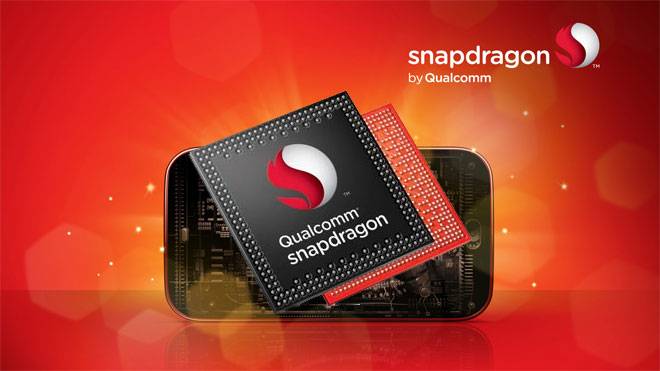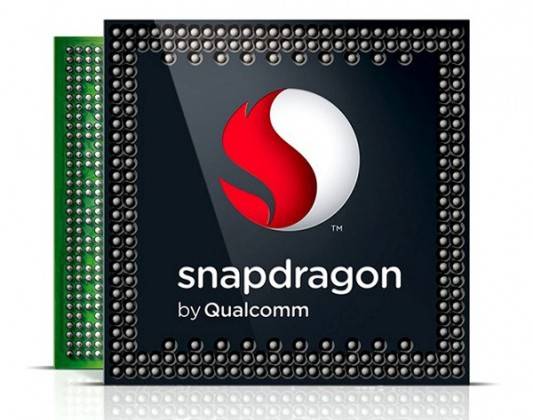
Pardon the pun in the title, will you? The Snapdragon 810, Qualcomm’s new standard flagship chip and arguably one of 2015’s hottest commodities, is the Android industry’s answer for catching up with Apple on the 64-bit issue, as well as better performance via octa-core processing. This early, though, the Snapdragon 810 seems to be taking heat from gadget manufacturers and critics for all the wrong reasons.
San Diego-based Qualcomm Inc. is at the moment trying its best to douse initial reports of overheating issues with the Snapdragon 810, most notably with electronics giant Samsung announcing recently that it might need to switch to its own underpowered Exynos chips for the much-hyped Samsung Galaxy S6 reportedly launching at MWC 2015 in Barcelona. Industry watchers note, though, that the world’s largest smartphone-maker may just be looking for a convenient excuse to promote its own processor line—which would be receiving a huge boost if the Galaxy S6 proves to be a massive success—while at the same time trying to reduce or eliminate its dependence on Qualcomm.
It’s no secret the Snapdragon 810 is key to Qualcomm’s revenue plans for the year. It is being marketed as the processor of choice for some of the industry’s high-end smartphones; even company President Derek Aberle noted that the Snapdragon 810 has given Qualcomm “good traction” with major device manufacturers. Initial assessments show that the company could see up to 8 percent reduction in earnings should Samsung make good on its plans to ditch the 810 completely. This probably explains reports that have also surfaced that Qualcomm apparently has an update for the Snapdragon chip to be made available for Samsung by March, but it is not clear if this will make it on time into the Galaxy S6.

Not everything is gloom-and-doom for Qualcomm, however, as Samsung rival LG has maintained it will stick — and has stuck — with the Snapdragon 810 for the high-end LG G Flex 2, which will hit the market by month’s end. In explaining their commitment to Qualcomm and the Snapdragon 810, LG vice president for smartphone development Choi Yong-su noted that heating issues are not centered solely on the chip itself, “but also on how the phone’s internal cooling system is designed.” So maybe the Snapdragon 810 does get hot—it’s just a matter of how manufacturers choose to live with it. What do you think?










“Android industry’s answer to catching up to apple”. That’s a good laugh.
They are referring to the 64 bit processor funnyman. What IS really funny about it, and makes that such a stupid statement. Is the 805 is already better than the useless 64 bit technology that Apple uses. 1 gig of ram with 64 bit processor power, now that’s funny, that’s what you call a joke.
The benefits of 64bit processing extend well beyond simple memory addressing. You’ll gain larger registers, likely more registers, greater precision due to the larger types etc. It’s not all down to addressable space.
I agree with Joel, I don’t see apple as anything compared to the comp when it comes to performance but unless you understand exactly what 64bit and 32bit are, don’t dis it
Lg is best <3